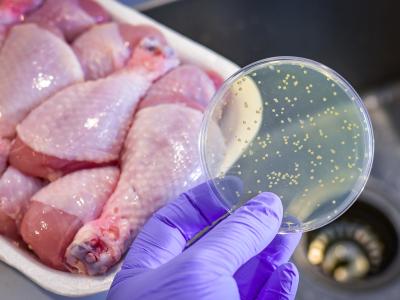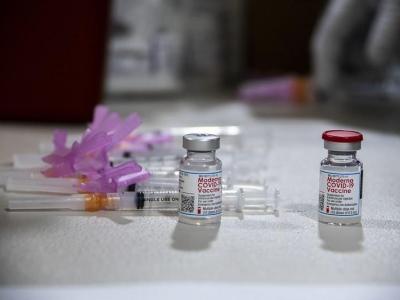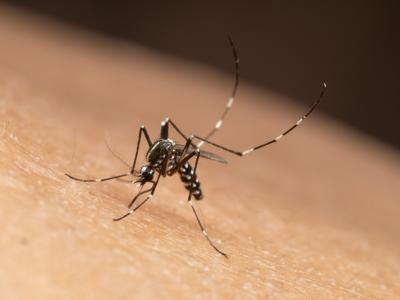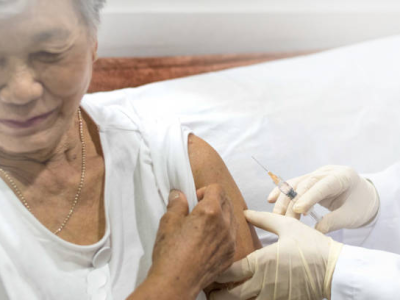Oct 30, 2003 (CIDRAP News) – House cats and ferrets can be infected with the SARS (severe acute respiratory syndrome) coronavirus and can pass it to other cats and ferrets, raising the possibility that they could also spread the virus to people, according to researchers from the Netherlands and Hong Kong.
Six cats and six ferrets were inoculated with the SARS virus in the experiment reported in Nature. All the animals became carriers of the virus, but only the ferrets got sick. Noninoculated cats and ferrets that were housed with the infected animals also became infected.
The study was reported by Byron E. E. Martina of Erasmus Medical Centre, Rotterdam, Netherlands, and colleagues from there and from Queen Mary Hospital and the Government Virus Unit in Hong Kong.
The animals were inoculated intratracheally with SARS virus that had been cultured from a patient who died of SARS, the report says. After inoculation, the researchers took nasal, pharyngeal, and rectal swabs periodically. Four cats and four ferrets were killed 4 days after inoculation and examined for signs of illness.
All the cats stayed healthy, but three of the six ferrets became lethargic after 2 days, and one died on day 4. All the animals began to shed virus from the throat starting 2 days after inoculation and continuing until day 10 for the cats and day 14 for the ferrets. The virus was identified by reverse transcription–polymerase chain reaction (RT-PCR).
The virus was isolated from the trachea and lungs of all the animals, but viral titers were higher in the ferrets than the cats. Microscopic examination showed lung lesions similar to those seen in SARS-infected macaques, though milder.
Pairs of noninoculated cats and ferrets that were housed with the infected cats and ferrets became infected, with the virus showing up in samples after 2 days. While the two cats stayed healthy, the two ferrets became lethargic, had conjunctivitis, and died 16 and 21 days after inoculation of the other animals. Pathologic examination showed liver lipidosis and emaciation in both animals, but there were no signs of SARS-associated pneumonia.
"Our results show that ferrets and domestic cats are susceptible to experimental infection by SCV [SARS coronavirus], and that the virus is efficiently transmitted to animals living with them," the report states. "These species might therefore be useful as animal models to test antiviral drugs or vaccine candidates against SARS."
The report notes that several wild animals, including Chinese ferret badgers, masked palm civets, and raccoon dogs, have previously been found to carry a virus very similar to the SARS virus, though the virus's natural reservoir has not been identified. The finding that carnivores as distantly related as house cats and ferrets can readily be infected "indicates that the reservoir for this pathogen may involve a range of animal species," the authors say.
The article also says that house cats in the Amoy Gardens apartment complex in Hong Kong, where hundreds of residents contracted SARS earlier this year, were found to be infected with the SARS virus.
In their published report, the researchers do not comment on whether house cats could spread the SARS virus to humans. But the senior author, Albert D. M. E. Osterhaus of Erasmus Medical Centre, said such transmission is theoretically possible, according to a Washington Post report. Because cats and ferrets apparently shed the virus for a fairly short time, however, it's not likely that the animals would play a significant role in spreading the disease, he said.
Martina BEE, Haagmans BL, Kuiken T, et al. SARS virus infection of cats and ferrets. Nature 2003 Oct 30;425:915 [Abstract]





















